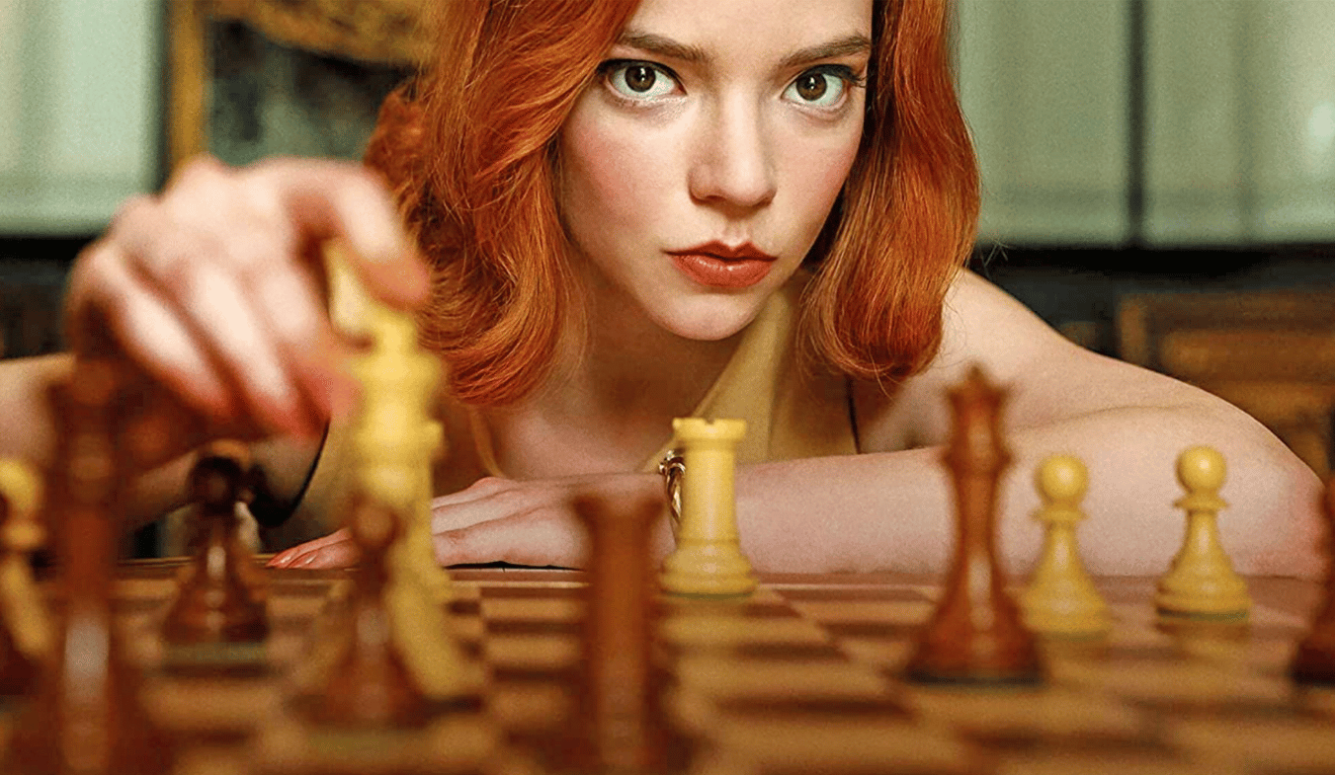Chess
Embracing the Passion and Perfection of Chess
While claims of skill transfer may be overblown, there is still benefit to be had in the tiny, claustrophobic world of the game.

A full audio version of this article can be found below the paywall.
On April 30th, 2023, as half a million people watched online, Russian grandmaster Ian Nepomniachtchi accidentally knocked over the captured black pieces lined up along his side of the board with a trembling hand, before reaching out to play the final move of his losing game. Three years ago, the complex interplay of the board would have meant nothing to me. Now, when Ding Liren’s black bishop took Ian’s pawn on f4, it looked to me like a rapier thrust deep into his opponent’s heart and as the Chinese player covered his eyes to conceal his tears of relief, my own eyes were brimming.
I would never have thought that I would enjoy chess. I assumed it was a slow-paced game for autistic savants with stratospheric IQs and people who excel at cryptic crosswords, sudoku, and logic problems and possess the cool-headed ability to plan campaigns of Byzantine complexity by visualizing the positions on the board 12 moves ahead. I studied English Literature. I dance and write poetry. I’ve never had the patience for abstract puzzles of any kind and maths makes me weep with frustration. Yet now, I’m hooked.





